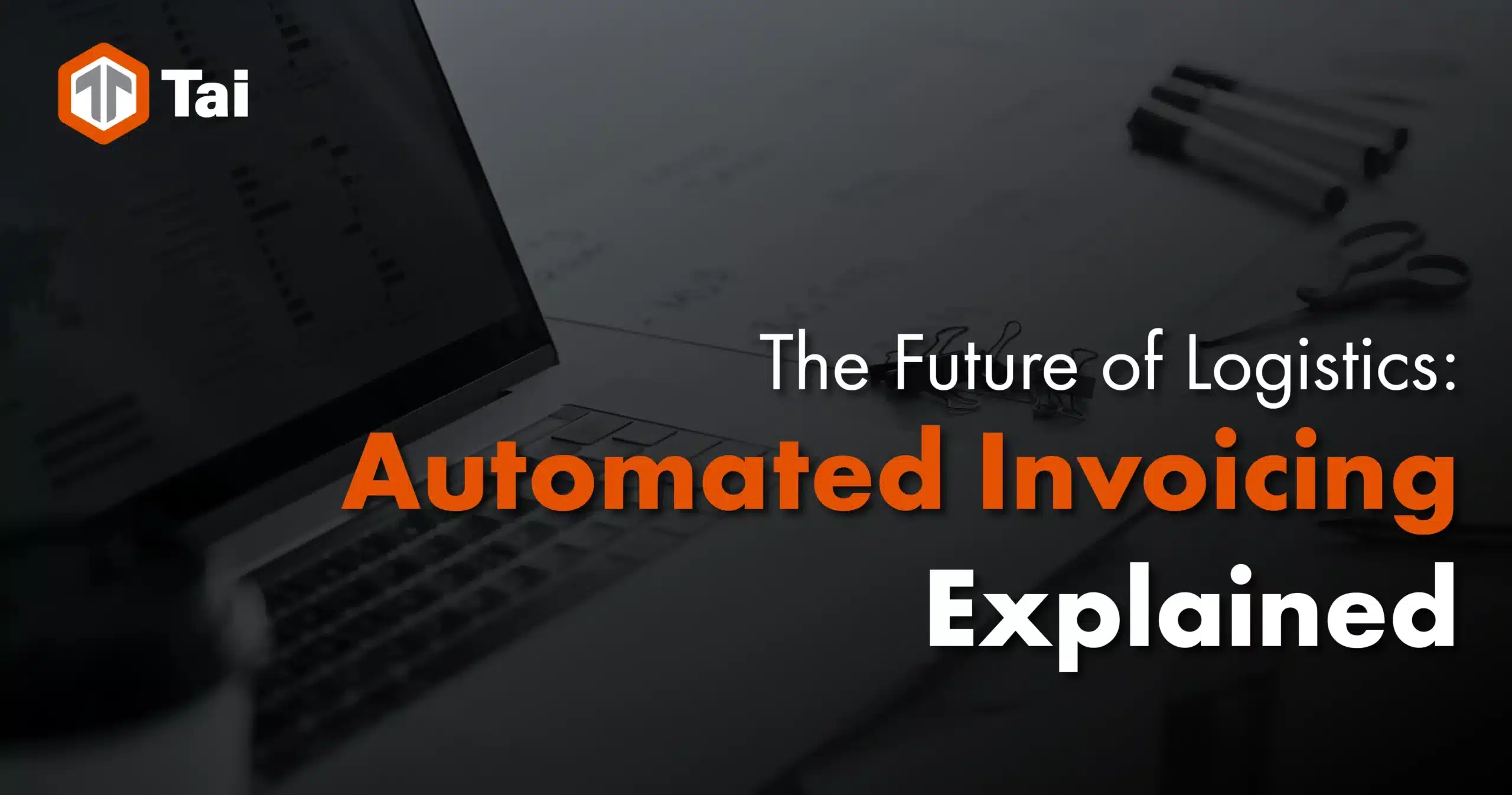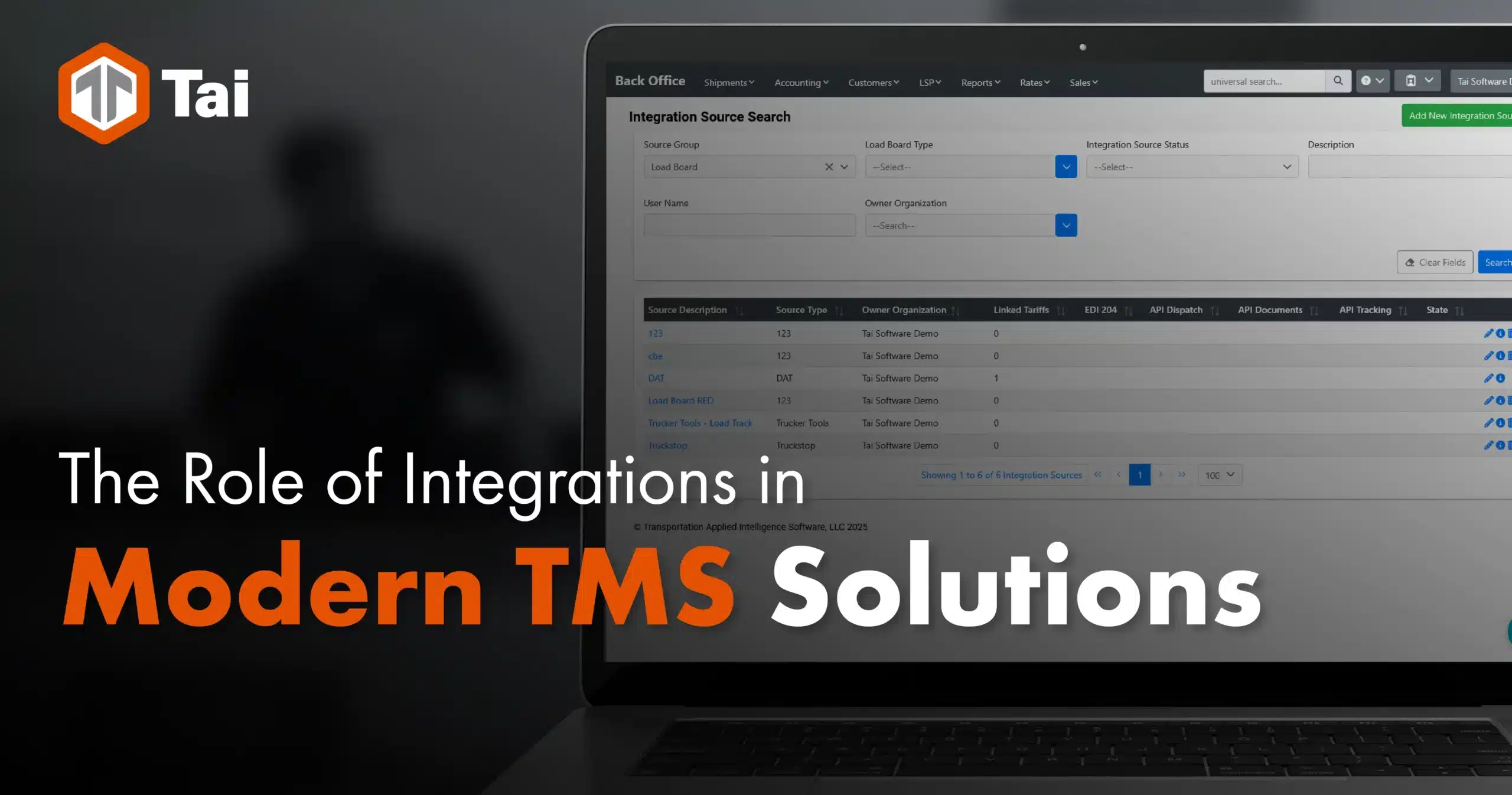Delivering an extraordinary customer experience is the third pillar of profitability for LTL freight.
PwC research shows that companies focusing on improving customer experience can increase their revenue by 5-10% through higher customer retention. They also enjoy the ability to charge premium rates. For LTL shippers, sometimes the top concern is service issues, even more than fraud and theft.
Your business thrives when customers receive seamless service, from the first request to the final invoice. However, common issues like delays and rebills can quickly derail that experience. Nothing frustrates customers more than a delayed shipment or an unexpected rebill arriving weeks later.
The key to avoiding these pitfalls is real-time data and automated visibility. When your LTL process is fully optimized, you can catch potential problems as they happen, not weeks down the road. This prevents service issues and keeps your customers in the loop, earning their trust and loyalty. It reassures them you’re on top of the situation, boosting their confidence in your services.

What Does Optimized Customer Service Look Like?
Let’s explore the important components that can enhance your customer experience.
Built-in Flags for Delays and other Tracking Issues
Since the pandemic, the rise of e-commerce has pushed shippers to meet strict delivery schedules to avoid costly penalties, which can add up to millions each year. At the same time, new digital platforms for booking loads online have increased the risk of fraud and theft.
In this environment, effective tracking becomes even more essential. A recent study found that 56% of shippers prioritize tracking when selecting a carrier or broker. Why? Because it prevents delays and theft. It also enables better communication about shipment status. You can proactively address issues before they escalate by implementing automated delay alerts and providing customers with real-time tracking information. And your team won’t be stuck making time-consuming phone calls or email follow-ups.
Customers appreciate timely updates, whether a simple status check or a notification about a potential delay. This transparency builds trust and reduces frustration, allowing customers to plan accordingly. It also gives them a sense of security and confidence in your services, strengthening your business relationships.
Many shippers are willing to invest in tracking technology to avoid the high cost of delays and theft. Integrating tracking tools into your LTL process enhances your services. They also give you a competitive advantage. Proactive communication sets you apart and delivers the extraordinary customer experience that clients value.
Real-time Alerts on Reweighs and Other Billing Issues
Rebills are common in LTL shipments due to the need for accuracy and the complicated process of determining rates. Every discrepancy during transit triggers a change in what your customer pays. Managing these changes can be cumbersome. 37.8% of shippers have dedicated employees to manage damage claims, disputes, and accessorial fees. So, these pesky fees raise costs for the shipper and require extra labor to deal with them.
Delivering extraordinary customer service involves addressing rebills promptly and efficiently. The dreaded rebill process is necessary when:
- A shipment needs to be reweighed
- A shipment is overlength
- An accessorial cost is missed
- A load is classed incorrectly

Real-time alerts for reweighs and load discrepancies can significantly improve your customer service and efficiency. Tai even sends those alerts directly to customers, bypassing the need for your agents to stop what they’re doing and make a phone call.
When you inform customers about possible rebills as they occur, you can better manage their expectations. You’ll avoid those unpleasant billing surprises that cause unhappy customers. This transparency builds trust in your service. It shows customers you are committed to their needs. Streamlining these processes also frees up your team (and your customers’ team!) to focus on more critical revenue-building tasks.
An Extraordinary Customer Experience Drives LTL Profitability
As the third pillar of profitability, focusing on an extraordinary customer experience can lead to substantial revenue growth. In the LTL industry, addressing service issues is crucial. Consistent delays and rebills frustrate customers and hinder your business’s success.
With real-time data and automated notifications at your fingertips, you can proactively manage potential problems. You’ll ensure your customers are up to date throughout the shipping process. Effective tracking and timely automated alerts about billing issues, such as reweighs and accessorial fees, help build trust and prevent misunderstandings.
Delivering an extraordinary customer experience from quote to invoice is key to thriving in the LTL industry. Tai TMS can empower your customer experience with workflow automation, tracking technologies, and streamlined paperwork processing. Call today to schedule a demo.








